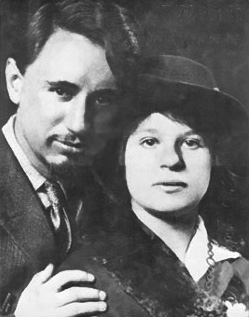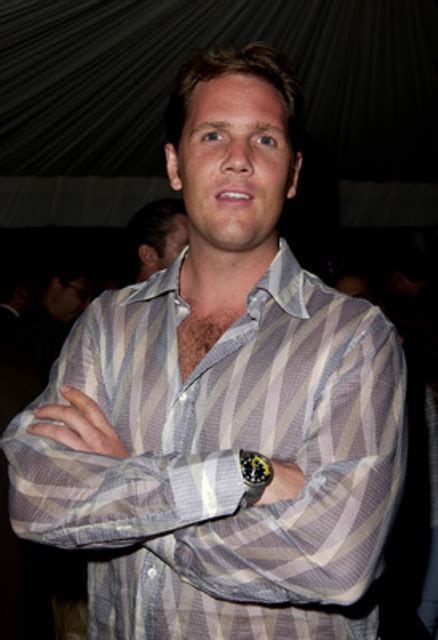A Quote by Paul Fussell
Understanding the past requires pretending that you don't know the present.
Quote Topics
Related Quotes
You're all Buddhas, pretending not to be. You're all the Christ, pretending not to be. You're all Atman, pretending not to be. You're all love, pretending not to be. You're all one, pretending not to be. You're all Gurus, pretending not to be. You're all God, pretending not to be. When you're ready to stop pretending, then you're ready to just be the real you. That's your home.
We learn in the past, but we are not the result of that. We suffered in the past, loved in the past, cried and laughed in the past, but that's of no use to the present. The present has its challenges, its good and bad side. We can neither blame nor be grateful to the past for what is happening now. Each new experience of love has nothing whatsoever to do with past experiences. It's always new.
But the past does not exist independently from the present. Indeed, the past is only past because there is a present, just as I can point to something over there only because I am here. But nothing is inherently over there or here. In that sense, the past has no content. The past - or more accurately, pastness - is a position. Thus, in no way can we identify the past as past
Living in the present moment requires discretion toward memory. Without memory we'd have amnesia. What good would there be in that? Offer discretion and discernment for our past with a broad spectrum of forgiveness. As for our present moment, delight. And dedication to remain fully present to all the possibility.
You can make the argument that there's no such thing as the past. Nobody lived in the past. They lived in the present. It is their present, not our present, and they don't know how it's going to come out. They weren't just like we are because they lived in that very different time. You can't understand them if you don't understand how they perceived reality.





































